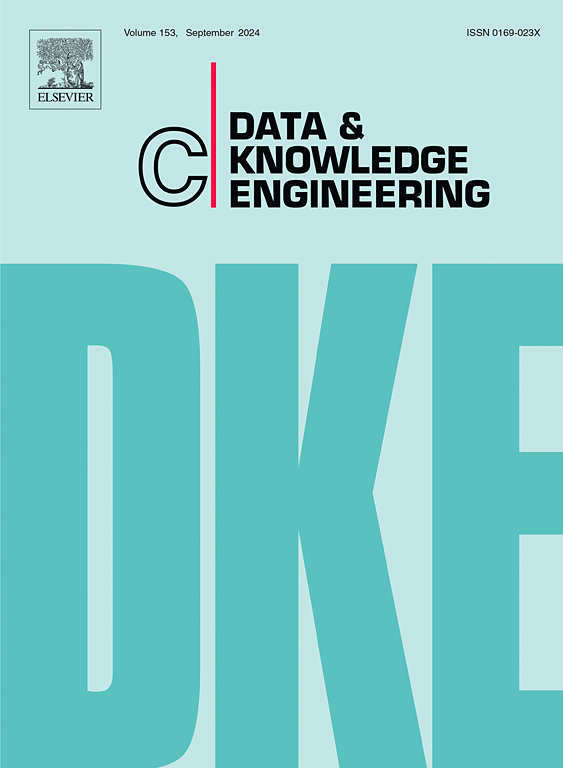Collaboration with GenAI in engineering research design
IF 2.7
3区 计算机科学
Q3 COMPUTER SCIENCE, ARTIFICIAL INTELLIGENCE
引用次数: 0
Abstract
Over the past five years, the fast development and use of generative artificial intelligence (GenAI) and large language models (LLMs) has ushered in a new era of study, teaching, and learning in many domains. The role that GenAIs can play in engineering research is addressed. The related previous works report on the potential of GenAIs in the literature review process. However, such potential is not demonstrated by case studies and practical examples. The previous works also do not address how GenAIs can assist with all the steps traditionally taken to design research. This study examines the effectiveness of collaboration with GenAIs at various stages of research design. It explores whether collaboration with GenAIs can result in more focused and comprehensive outcomes. A generalised approach for collaboration with AI tools in research design is proposed. A case study to develop a research design on the concept of “shared machine-human driving” is deployed to show the validity of the articulated concepts. The case study demonstrates both the pros and cons of collaboration with GenAIs. The results generated at each stage are rigorously validated and thoroughly examined to ensure they remain free from inaccuracies or hallucinations and align with the original research objectives. When necessary, the results are manually adjusted and refined to uphold their integrity and accuracy. The findings produced by the various GenAI models utilized in this study highlight the key attributes of generative artificial intelligence, namely speed, efficiency, and scope. However, they also underscore the critical importance of researcher oversight, as unexamined inferences and interpretations can render the results irrelevant or meaningless.
与GenAI合作进行工程研究设计
在过去的五年中,生成式人工智能(GenAI)和大型语言模型(llm)的快速发展和使用,在许多领域开创了一个研究、教学和学习的新时代。讨论了GenAIs在工程研究中可以发挥的作用。在文献综述的过程中对前人的相关工作进行了报道。然而,这种潜力并没有通过案例研究和实际例子来证明。以前的工作也没有解决GenAIs如何协助传统上采取的设计研究的所有步骤。本研究考察了在研究设计的各个阶段与GenAIs合作的有效性。它探讨了与GenAIs的合作是否能够产生更有针对性和更全面的结果。提出了一种在研究设计中与人工智能工具合作的通用方法。通过一个案例研究,对“人机共享驾驶”概念进行了研究设计,以展示所阐述概念的有效性。案例研究展示了与GenAIs合作的优点和缺点。每个阶段产生的结果都经过严格的验证和彻底的检查,以确保它们没有不准确或幻觉,并与最初的研究目标保持一致。必要时,人工调整和改进结果,以保持其完整性和准确性。本研究中使用的各种GenAI模型产生的结果突出了生成式人工智能的关键属性,即速度、效率和范围。然而,它们也强调了研究人员监督的重要性,因为未经检验的推论和解释可能使结果无关或毫无意义。
本文章由计算机程序翻译,如有差异,请以英文原文为准。
求助全文
约1分钟内获得全文
求助全文
来源期刊

Data & Knowledge Engineering
工程技术-计算机:人工智能
CiteScore
5.00
自引率
0.00%
发文量
66
审稿时长
6 months
期刊介绍:
Data & Knowledge Engineering (DKE) stimulates the exchange of ideas and interaction between these two related fields of interest. DKE reaches a world-wide audience of researchers, designers, managers and users. The major aim of the journal is to identify, investigate and analyze the underlying principles in the design and effective use of these systems.
 求助内容:
求助内容: 应助结果提醒方式:
应助结果提醒方式:


